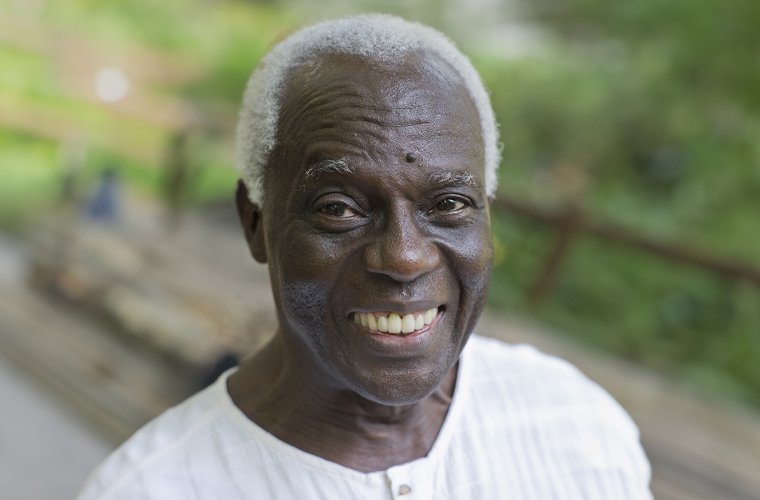Charles George Moore Wedderburn, known as Carlos Moore, was born in Cuba in 1942 to Rebecca Winifred Wedderburn and Victor Moore. As the fourth of five children, Moore’s upbringing was marked by the challenges of economic hardship and social inequality. His parents, both working-class individuals, struggled to provide for their family in a society rife with racial discrimination. Growing up in Cuba, Moore witnessed firsthand the impact of systemic racism on his family’s ability to secure regular employment and access basic resources. These formative experiences instilled in him a deep understanding of the pervasive barriers faced by marginalized communities.
In 1958, at the age of sixteen, Moore’s life took a significant turn when his father and stepmother decided to relocate the family to New York. The move was driven by the promise of greater opportunities and a chance for a better quality of life in a more inclusive environment. The transition to New York presented both opportunities and challenges for Moore and his siblings. They encountered a new set of circumstances in a city that was culturally diverse yet still grappling with its issues of inequality and discrimination. Despite the initial hardships of adapting to a new country, Moore remained resilient and determined to make the most of the opportunities that lay before him.
Moore’s journey in New York became a testament to his unwavering perseverance and commitment to overcoming adversity. His experiences fueled his passion for social justice and advocacy, leading him to become a vocal proponent for equality and the rights of marginalized communities. As Moore navigated his formative years in New York, he became increasingly aware of the power of education as a catalyst for social change. He fervently pursued his academic endeavors, recognizing that knowledge and awareness were essential tools in challenging the status quo and effecting meaningful progress.
Amid his pursuit of education, Moore also dedicated himself to activism, using his voice to speak out against injustice and inequality. His efforts resonated with many who shared similar experiences, and he emerged as a prominent figure in the fight for civil rights and social reform. Moore’s commitment to advocacy extended beyond his personal experiences, as he sought to amplify the voices of those whose stories often went unheard. He became a staunch advocate for the empowerment of marginalized communities, striving to create platforms for their narratives to be elevated and acknowledged.
Throughout his journey, Moore remained deeply connected to his roots and heritage, drawing strength from his upbringing and his family’s resilience. His experiences in Cuba and New York shaped his worldview and inspired his dedication to creating a more equitable society for future generations. As Moore’s influence continued to grow, he became a respected author and scholar, utilizing his platform to shed light on the intersection of race, identity, and social justice. His writings catalyzed critical conversations and prompted introspection on the complexities of systemic oppression.
In addition to his literary contributions, Moore actively engaged in community organizing and advocacy work, collaborating with like-minded individuals and organizations to effect tangible change. His efforts were instrumental in mobilizing communities and fostering solidarity in the pursuit of equity and justice.
Today, Carlos Moore stands as a testament to the power of resilience, determination, and unwavering commitment to social progress. His journey from Cuba to New York exemplifies the transformative potential of individuals who refuse to be constrained by adversity, and instead choose to channel their experiences into meaningful action.
As we reflect on Moore’s life and legacy, we are reminded of the enduring impact of individuals who dare to challenge injustice and pave the way for a more inclusive and equitable future. His story serves as an inspiration for all those who strive to create positive change in their communities and beyond.

